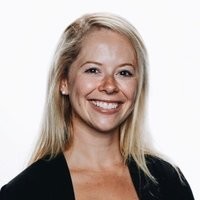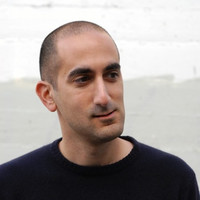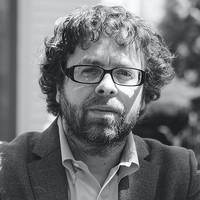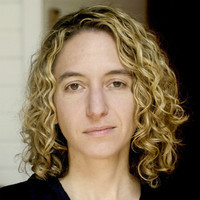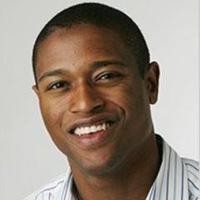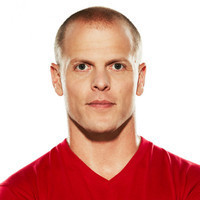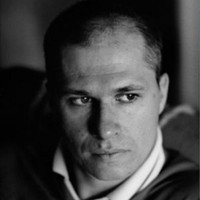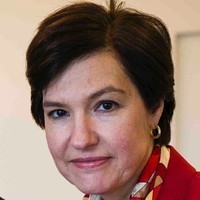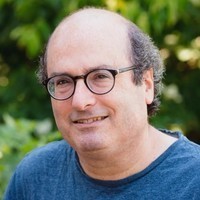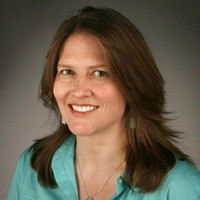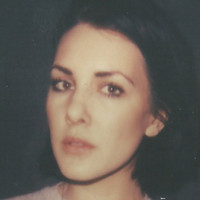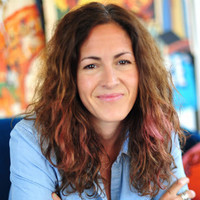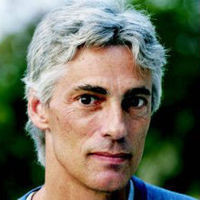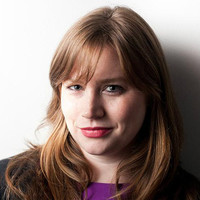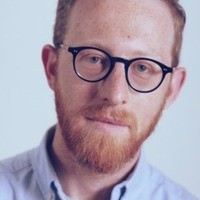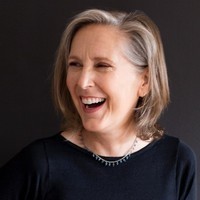Lizzie Johnson covers wildfires for the San Francisco Chronicle.
“It’s kind of like when you’re a beginning journalist and you have to write an obituary—calling the family of the person who died seems like this insurmountable, very invasive task and you really don’t want to do it. That’s kind of how I felt about interviewing fire victims at first. I felt like I was somehow intruding on their grief and their pain. But somewhere along the way I realized there’s healing power in talking about what you’ve been through. Saying it out loud and being able to claim ownership to it. I found that time after time these people are very grateful because they need to talk. They have something to say in the aftermath of this big, massive thing that just came and wiped out everything they knew. They really do just need someone to listen to them. I have never had someone tell me, ‘Go away, we don’t want to talk to you.’ And I’m completely bowled over by that every single time.”
Thanks to MailChimp and Pitt Writers for sponsoring this week's episode.
